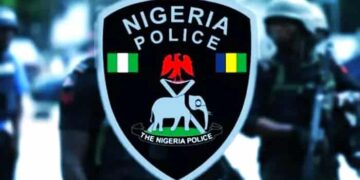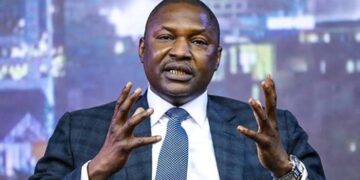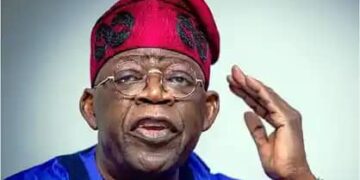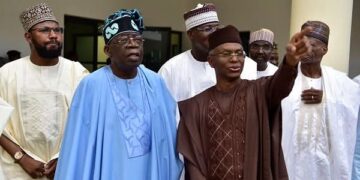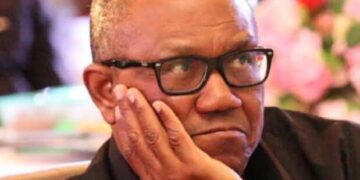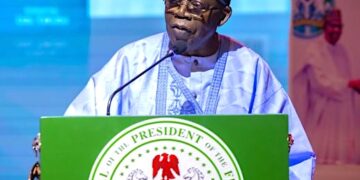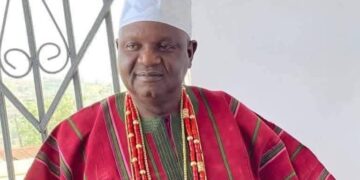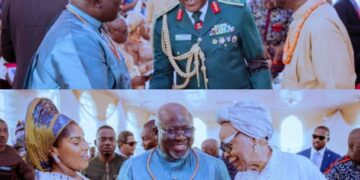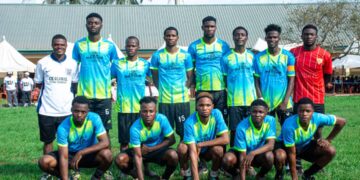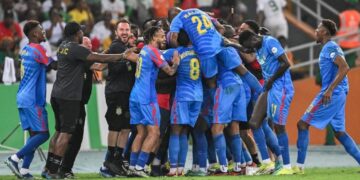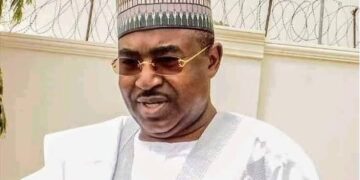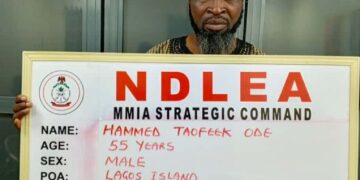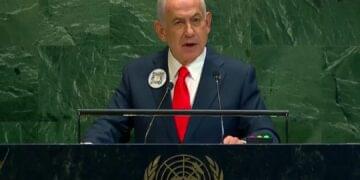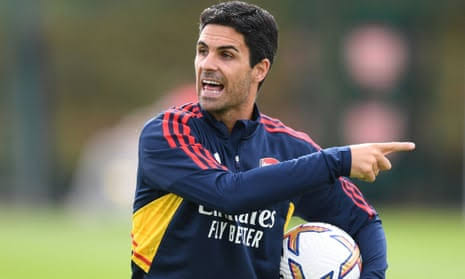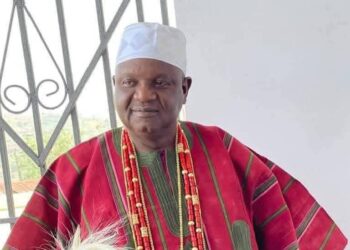By Bashir Adigun
After three seasons of near-misses and heartbreak, Arsenal are back in the market—stronger, hungrier, and better prepared—to challenge for the Premier League crown.
The Gunners have spent the last three years knocking on the door of Premier League glory—but the door has remained firmly shut. Under the guidance of Mikel Arteta, a former player and Pep Guardiola’s protégé, The Club has grown into a formidable side, playing with flair, precision, and intent. But for the Emirates faithful, beautiful football means little without silverware.
After years under Arsène Wenger—whose reign delivered unforgettable moments but faded into frustration over his failure to rival Manchester City’s Pep Guardiola or Liverpool’s Jurgen Klopp—Arsenal sought a new direction. Enter Mikel Arteta.
Arteta has rebuilt Arsenal with a young, energetic squad and tactical clarity. Yet, despite significant progress, the Premier League trophy remains elusive. Last season, Arsenal finished second behind Liverpool, a campaign marred by a string of injuries to key players.
At the heart of last season’s frustrations were injuries to crucial players. Striker Gabriel Jesus spent much of the season sidelined, while defenders Gabriel Magalhães and Takahiro Tomiyasu also faced long spells out. The injuries extended to midfield and attack, with Bukayo Saka and Kai Havertz missing several matches—costing Arsenal vital points.
Despite a valiant effort, the squad depth proved inadequate, exposing the need for reinforcements.
This summer, Arsenal are moving decisively. The club has already secured goalkeeper Kepa Arrizabalaga from Chelsea, bolstering competition in goal. In midfield, two exciting additions—Martin Zubimendi from Real Sociedad and Christian Nørgaard from Brentford—promise to add grit and depth.
But the transfer activity may not stop there. Arteta is reportedly weighing his options among forwards such as Noni Madueke (Chelsea), Viktor Gyökeres (Sporting Lisbon), Benjamin Šeško (RB Leipzig), and Ollie Watkins (Aston Villa). Any of these could provide the firepower and rotation Arteta needs to stay competitive deep into the season.
Another bright spot has been the promotion of academy talents Ethan Nwaneri and Myles Lewis-Skelly. Both teenagers have shown flashes of brilliance, and while still raw, they represent the future of the club. Nwaneri, a promising attacker, still needs mentoring from senior strikers, while Lewis-Skelly must learn to manage his aggression and avoid unnecessary bookings.
Towards the end of last season, Arsenal’s once-feared set pieces began to falter. Opponents exploited lapses in concentration, scoring cheap goals from corners and free kicks. Set-piece coach Nicolas Jover, once praised for sharpening Arsenal’s dead-ball threats, now faces tough questions.
Should Arsenal repeat their Dubai training retreat to recalibrate their set-piece routines? And can Declan Rice be developed into a consistent free-kick taker—something fans glimpsed in the Champions League clash with Real Madrid?
Beyond new signings and tactical tweaks, Mikel Arteta faces a deeper challenge: instilling a champion’s mentality. Arsenal must show resilience in difficult away games, clinical finishing in tight contests, and tactical discipline in big matches.
Rotation and injury management will be critical, as will leveraging the full squad across domestic and European competitions. The spine of the team—featuring Rice, Ødegaard, Saliba, and Jesus—must stay fit. And the bench must offer genuine impact, not just backup.
The signs are promising. Arteta has matured as a tactician, the squad is deeper, and the hunger is unmistakable. But in a league where one slip can end a title dream, consistency and adaptability will be key.
Arsenal fans have waited long enough. With smart recruitment, better injury control, and tactical sharpness, this season could finally be the one that ends the club’s 20-year Premier League

